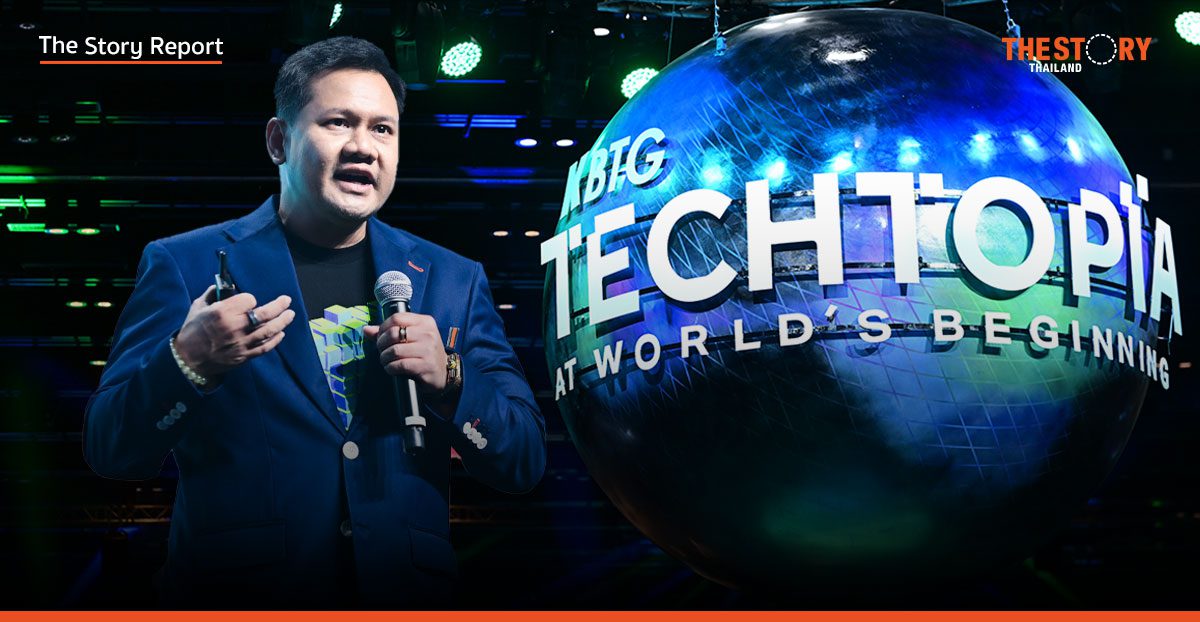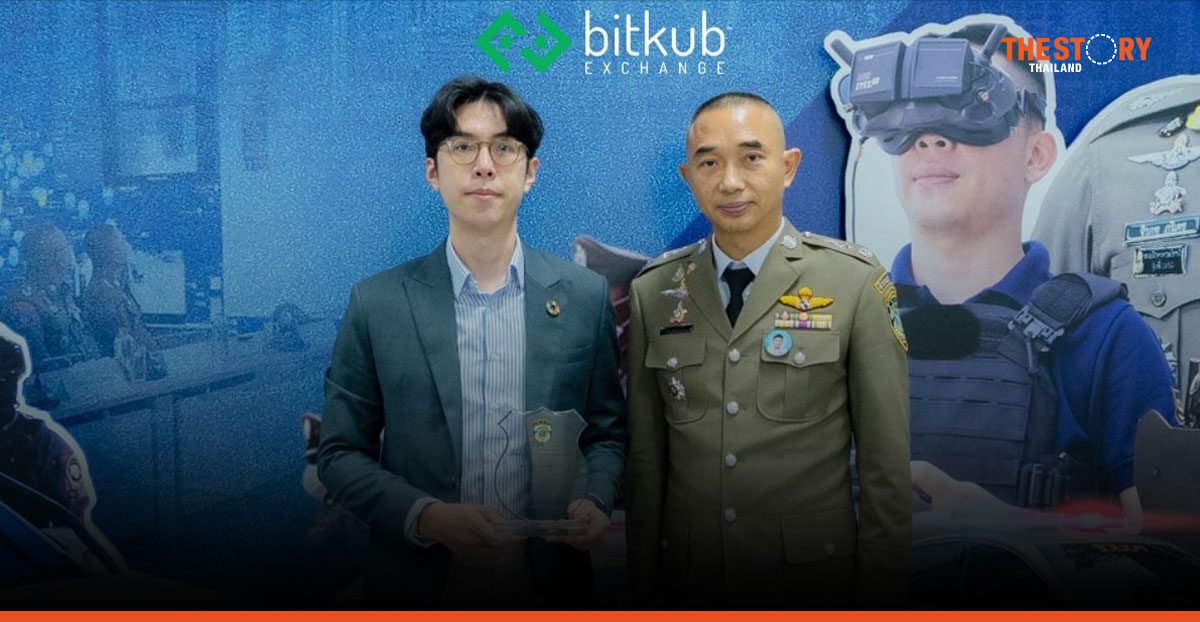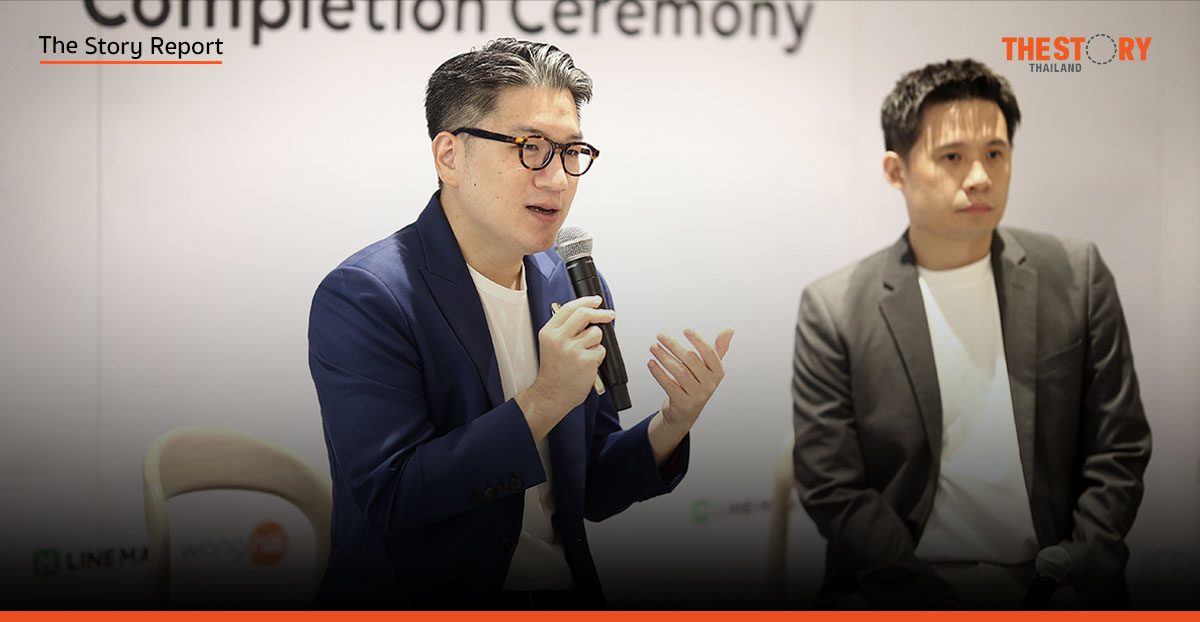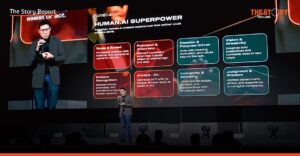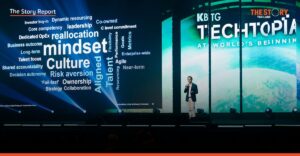Thailand’s digital ecosystem is strong on the user side but still needs more creators or engineers to achieve its goal of becoming a regional hub, says David Li, Executive Chairman of Huawei Technologies (Thailand) Co Ltd.
He said Huawei has the technology, financial resources, and commitment to help the country cultivate the local ecosystem.
According to Li, the Chinese technology giant is working with Thai startups, SMEs (small and medium-sized enterprises), universities, and corporate clients to promote “digital Thailand”.
The chairman said Huawei often invited Thai customers and developers to visit its headquarters in Shenzhen, China, to learn about research and development (R&D). He also pointed out that Shenzhen is just a two hours’ flight from Thailand.
“We are very glad to see Thailand’s government launch a national digital blueprint, commit [the country] to be a digital hub for the region, and even have a cloud-first strategy. This is a very positive step,” Li said during his recent interview with a group of Thai journalists.
With national budget set aside to fund the effort, he said this was a “a very good trend” to cultivate the country’s digital ecosystem and to promote the “digital Thailand” plan.
However, Li emphasizes that a lack of digital talents is “the number one problem” that could prevent the country from moving forward.
“Without talents, you cannot build up your local ecosystem. Then you can always be the user. This is the reason we continue to invest and cooperate with all the stakeholders, including the government, universities, startups, system integrators, industry SMEs, and our clients,” he said.
Li points out that with more investments from the public and private sectors in digital technology, more jobs will be created and young people will be increasingly attracted to study this field and become digital creators – which he describes as “a very positive circle to change the digital landscape”.
Long-term commitment.
The executive said Huawei’s long-term commitment to Thailand is to help the country cultivate its digital ecosystem through investment and training.
“Huawei is one of the most confident investors in terms of data centers in Thailand. We keep investing in three data centers, and the good news is our business grows very well,” he said.
Huawei is the only cloud vendor to build three data centers in the country.
When asked to comment on US tech giant Microsoft’s plan to set up its first data center in Thailand, Li said Huawei welcomes more players in the cloud sector as they could together help Thailand cultivate its digital ecosystem.
“It’s not the time for zero-sum game. I think all the players should position themselves to serve their clients well together to ensure a smooth digital journey and make Thailand develop faster,” he said.
Partnership with the locals.
According to Li, the tech giant will keep increasing its investment in Thailand, but he refused to disclose further details regarding the exact amount of investment or the location of a new data center.
Regarding its contribution to training, Huawei has partnered with 40 Thailand universities to teach students about database, cloud technology, artificial intelligence (AI), and programming.
“We are committed to develop 10,000 AI software developers,” he said, adding that Huawei ASEAN Academy has trained about 70,000 people in the region.
Li also said that Huawei is working with more than 300 cloud partners in Thailand who are local SME software developers.
“We offer them training and program. And we even have R&D support for them. Basically, this is our approach. We cultivate local ecosystem with a lot of local partners in the government and private companies. This is the approach we serve Thailand,” he said.
Next-generation database.
At Huawei’s Cloud Database Summit Thailand 2024 in May, Li launched GaussDB – the Chinese tech giant’s next-generation distributed database – in the Thai market. He described it as a “powerful solution to unlock the full value of data to give the world a better choice.”
GaussDB, under development for over two decades since 2001, has been fully validated in practical applications. Huawei’s own commercial database has been migrated to GaussDB, helping it to reduce the time needed to generate annual reports from 30 days to just 10 days. Also, a top Chinese bank has used GaussDB to transform legacy databases supporting over 150 business systems.
At the recent Huawei event in Bangkok, Li also pointed to four major challenges to fully unleash the data value in the era of Big Data and AI:
- How to process massive, distributed, and heterogeneous data with databases,
- How to maintain high performance under high concurrent processing,
- How to ensure all-round security and address the challenge of data breaches, and
- The digitalization trend sweeping all industries demands a rich local ecosystem.
Successful cases in Thailand.
During the recent media interview, Li said GaussDB can be deployed on-premises, in the private cloud, or the public cloud as a platform as services (PaaS). “This application will strongly reinforce Huawei’s total cloud services product portfolio and make our portfolio stronger and more attractive.”
He said GaussDB is the latest addition of “the most advanced products and services” to Huawei Cloud, which he said would further strengthen the platform in serving Thailand’s “digital journey”.
According to Li, GaussDB already has several successful cases in Thailand, in addition to many others in China and elsewhere. In Thailand, Huawei clients in the telecom and banking industries are already deploying GaussDB, but the company is not allowed to disclose their names.
Huawei’s ‘huge advantage’.
When asked if GaussDB will help propel Huawei to become number one in the country’s cloud market, the chairman said his company was “not too obsessed” with its position in the market. For him, it is “great news” to see bigger cloud players invest in Thailand.
“All industry investors will together bring maturity to the Thailand ecosystem and educate the market to be aware of the benefit of the cloud. … We will focus on our job to give our customers the best services,” he said.
Li also said that after 25 years in Thailand, Huawei has a huge team of 2,000 staff members and helps create about 6,000 new jobs for working with numerous subcontractors nationwide.
With strong investment and support for the locals, Huawei has a “huge advantage” in serving its clients, which is “very unique” compared to other players in the cloud industry, he said. According to him, a recent survey showed Huawei customers in Thailand appreciated its good services and local support.
“We will keep doing that to make sure that our competitiveness is in a higher position to support our growth,” Li said.
Robinhood partners with Samitivej Hospitals to introduce express medicine delivery.




